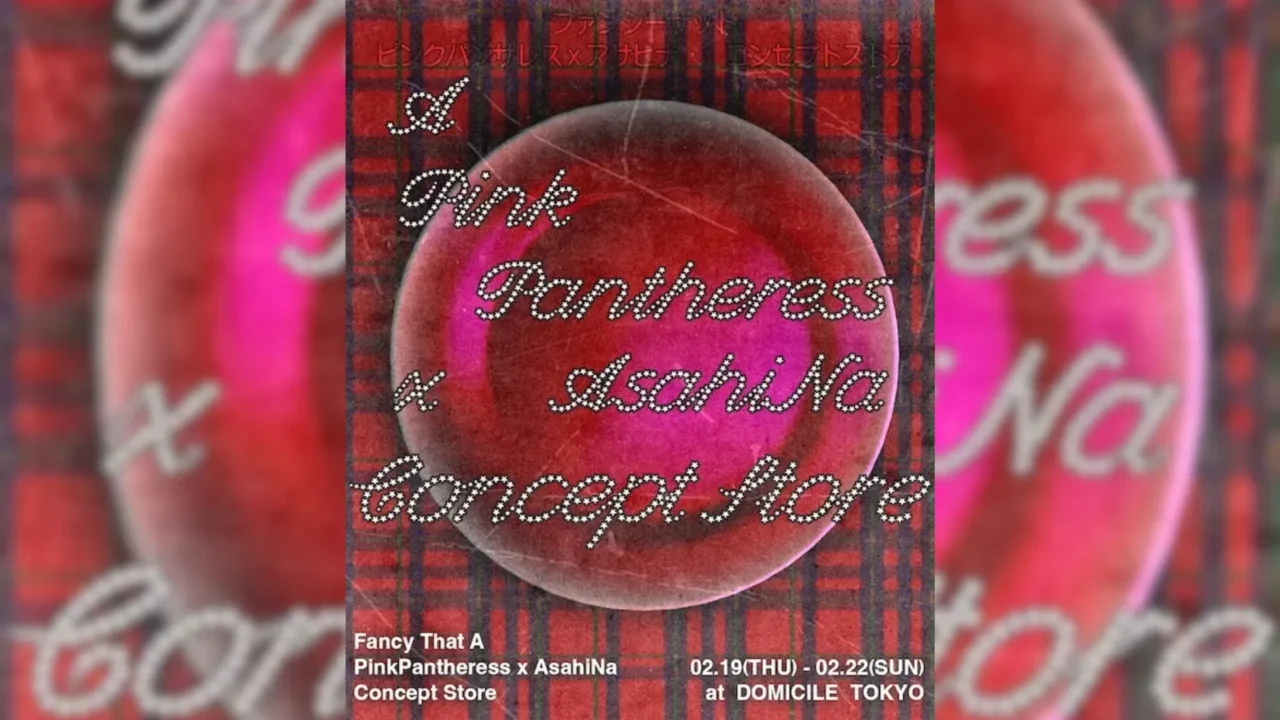INDEX
From meeting with other talented musicians of the same generation to the setbacks he experienced and subsequent appearances in Kohaku
-You were already playing in a jazz band when you were in junior high school. Was it a big part of the process from there to the formation of WONK that you first went on to study at the Tokyo University of the Arts’ School of Music?
Ezaki: Yes, it was. The drummer of the band was going to Berklee College of Music in the U.S., and the bass player was going to the University of the Arts, so I started aiming to go to the University of the Arts myself. From around the time I was a sophomore in high school, I couldn’t concentrate on my studies because I couldn’t stop improvising solos in my head during class (laughs).
However, there was no place to study jazz at the University of the Arts, so after moving to Tokyo, I started hanging out at the Modern Jazz Society of Waseda University, the oldest jazz society in Japan, and that is where I met Arata, the drummer of WONK.

From left, Ayatake Ezaki (keyboards), Kento Nagatsuka (vocals), Hikaru Arata (drums), Kan Inoue (bass)
-So that’s when you decided to become a musician in earnest?
Ezaki: No, it was pretty significant that I had a setback when I moved to Tokyo. When I entered the University of the Arts, there were many musicians of my generation, such as Shun Ishiwaka and Kohei Ueno, who were already active as professionals at the age of 19 or 20, and I realized how difficult it was to make a living with music, or I lost my confidence. On the other hand, I was happy that there were so many people of my generation who really liked jazz and were good at their instruments and cool.
-I see. But you didn’t “quit music,” did you?
Ezaki: Not to the point of quitting, but I did consider interning at a record company or working behind the scenes. But it just so happened that Arata, the leader of WONK, asked me if I wanted to be in a band with him. Arata, the leader of WONK, asked me if I wanted to join his band, and around the same time, there was talk of doing a project with Ishiwaka, Tsuneta (Daiki / King Gnu, millennium parade), Nukata (Taishi / Tokyo Shiokouji), etc. If someone thinks my keyboard playing is good, then I will continue playing a little longer, make music, and play piano. I was able to come back to the feeling that if there are people who think my keyboard is good, then I will continue to make music and play the piano a little bit more.
-I think that by working with people I thought I couldn’t compete with, I was able to gain confidence and find my role in the group. And from there, you became more active in the underground scene, appearing in Kohaku with King Gnu and millennium parade. Did anything change in your mindset during that time?
Ezaki: I’ve always had a bit of a bird’s-eye view of things, and I don’t really have an overground or underground consciousness. I was a teenager who was into jazz all my life, so I’ve come this far without passing through much J-pop or rock, and I’m just doing what I can do because my close friends need it. So there hasn’t been any particular change in my state of mind, but there have been things like learning the maximum amount of tension and my grandmother recognizing my work (laughs).

























